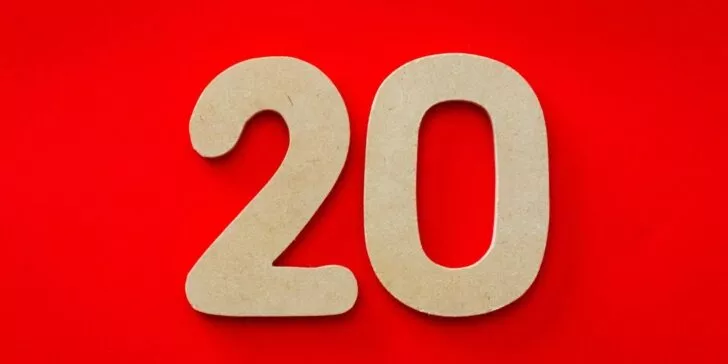Two weeks ago I was lucky enough to be part of Patti Digh ‘s blog tour for her book , Life Is a Verb . Now she’s been nice enough to answer a few questions for me. I know you’re jealous. You should be. But we can enjoy her answers together. There is truly nothing cooler than someone who really makes you think, is there?
Although your work teaches us to be mindful of every moment, you explain how your stepfather’s illness was a massive turning point for you. What was another moment that has made your life – your career, your goals, the way you think about things – what it is?
My father’s death in 1980 at age 53—when I was a teenager—was another such turning point. As I say in the book , his death is the “fulcrum around which my life moves. Or perhaps that’s not exactly it. Perhaps it is a rivet on which things hinge. No, a grommet through which everything else is laced? Yes, since that would imply a hole, I think that’s it. Like Fermat’s last theorem, it will take me 357 years to work it through. I suppose we all have something like that to puzzle out, fill up, patch, lace shut.â€
Other such moments include my oldest daughter, Emma, climbing into bed with me when she was three and I had just gotten back from a 2-week international trip for work. “Mommy,†she said, “I had a lot of dreams when you were gone…. I dreamed I was a little tiny fish in a big, big ocean, and I couldn’t find my mommy.†I quit that high-powered job just months later, realizing that I wanted to be there to meet the school bus at 3 p.m., and knowing that I wanted a life I could schedule around band concerts.
In "Let Go of the Monkey Bars ," you talk about doing what you’re afraid of – a goal that has become probably one of the central tenets of my life. But I guess we ought also to have a healthy fear of some things. Are there any fears that you don’t mind having?
I think fear is actually something to be walked into, not run from. Running from it keeps us out of relationship to ourselves and to others. Running from it reduces us and it reduces others. So in that sense, I think all fears are good ones if we can walk to the edge of them without judgment. If we can know that any response we have is valid and without judgment. Without judging ourselves (I’m stupid, I shouldn’t have done that ) and without judging others (you abandoned me, you are emotionally irresponsible ). Fears tell me something—about myself, just as much (or more) than they tell me about what is outside me. We look to others to save us from our fears, but we are the only ones we can. Maybe those scary edges we come to in fear are not boundaries, but horizons. How would re-framing them that way change them, and us?
You’ve been doing interviews for weeks and weeks now. What’ve you wanted to say that nobody’s given you the perfect set-up question for?
Please, dear god, would someone ask Johnny Depp and Billy Collins to call me?
What do you think the meaning of life is?
I think, in the end, we are simply left with full hearts of love. Pure, awkward, fantastic, maddening, difficult, amazing love. We are left with the rituals of love and with love itself.


Comments are closed.